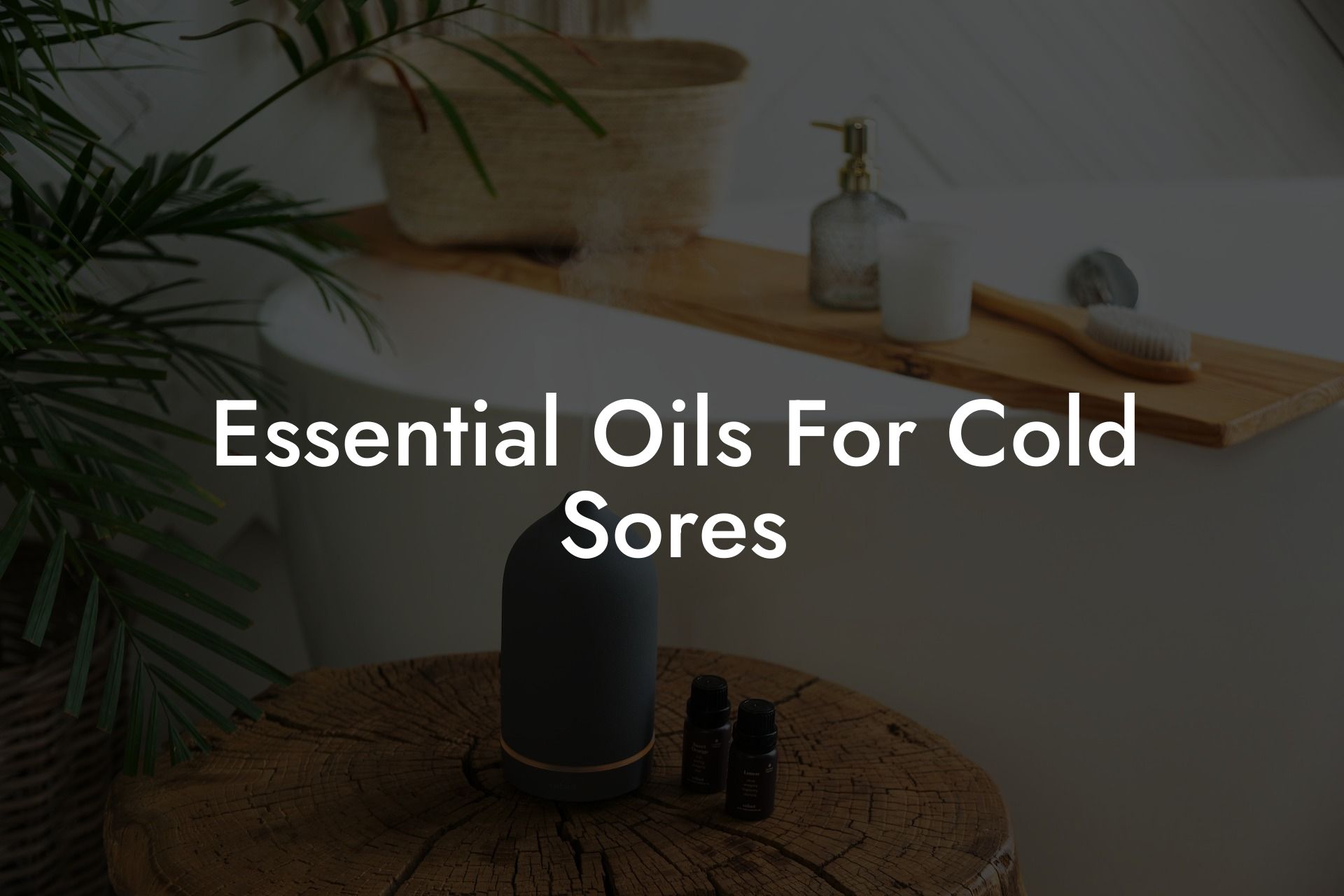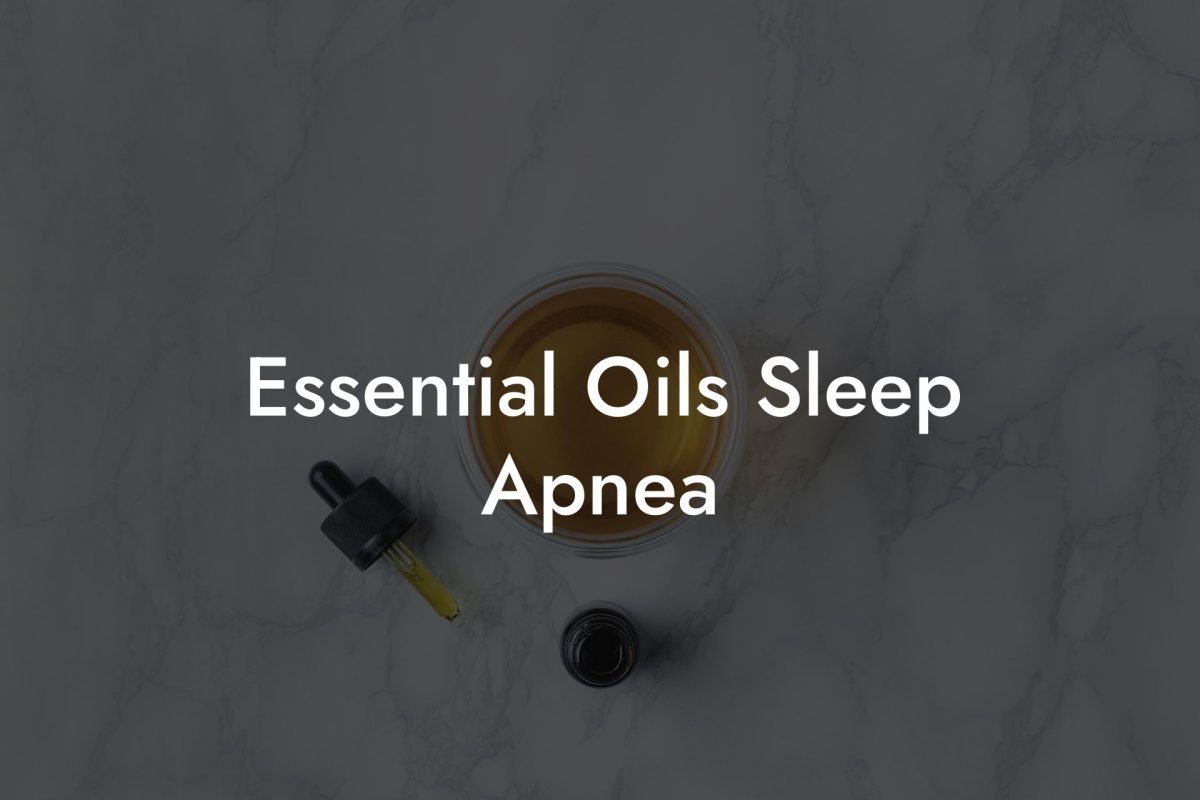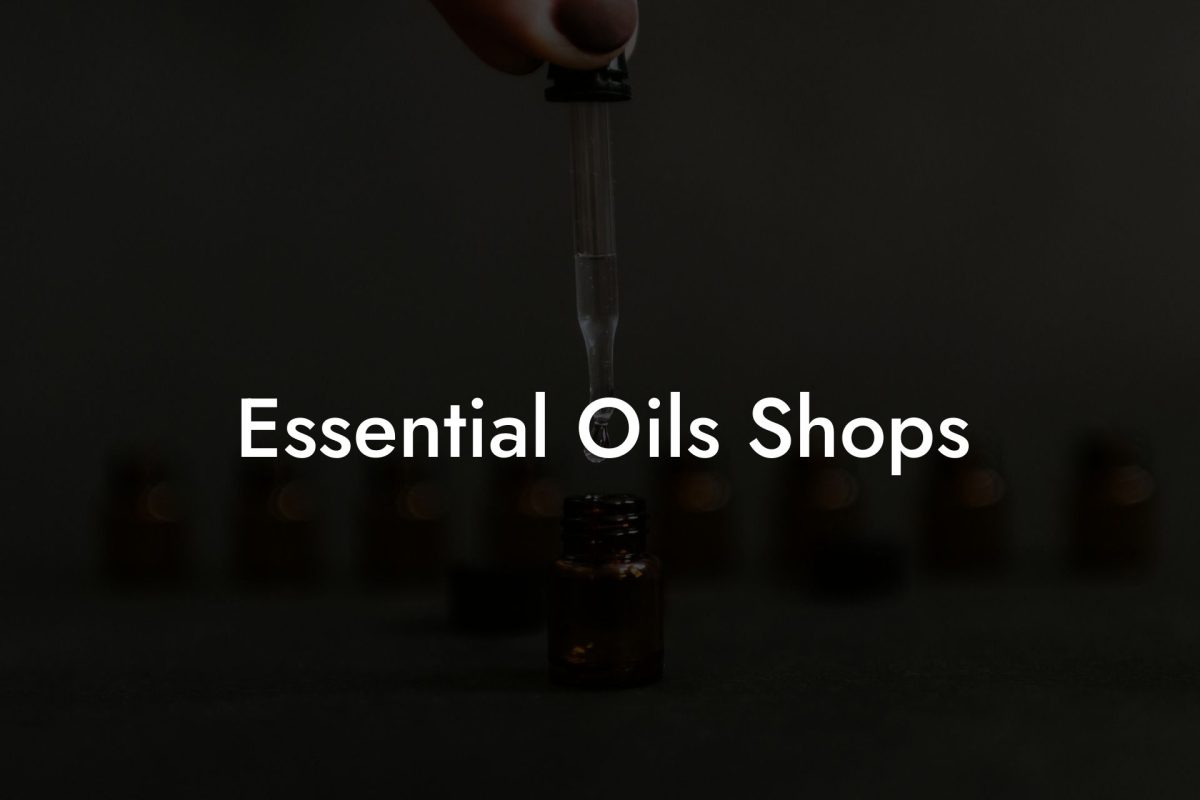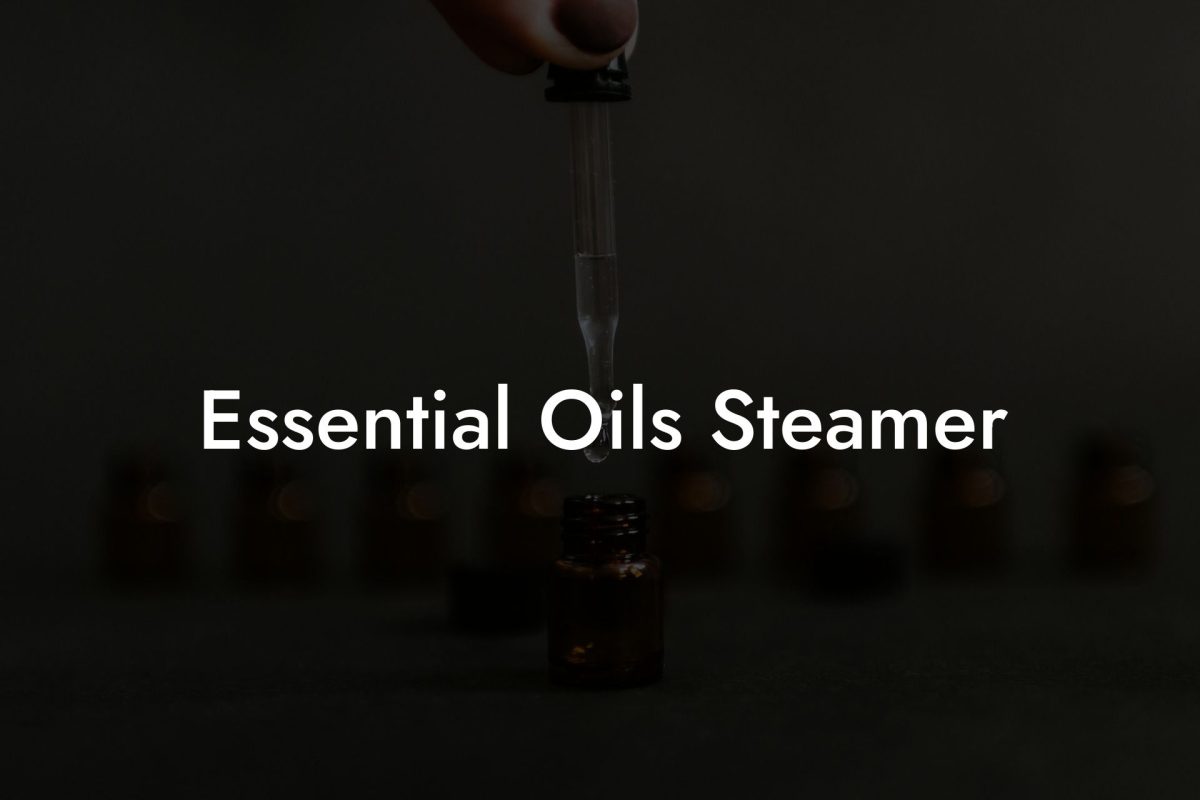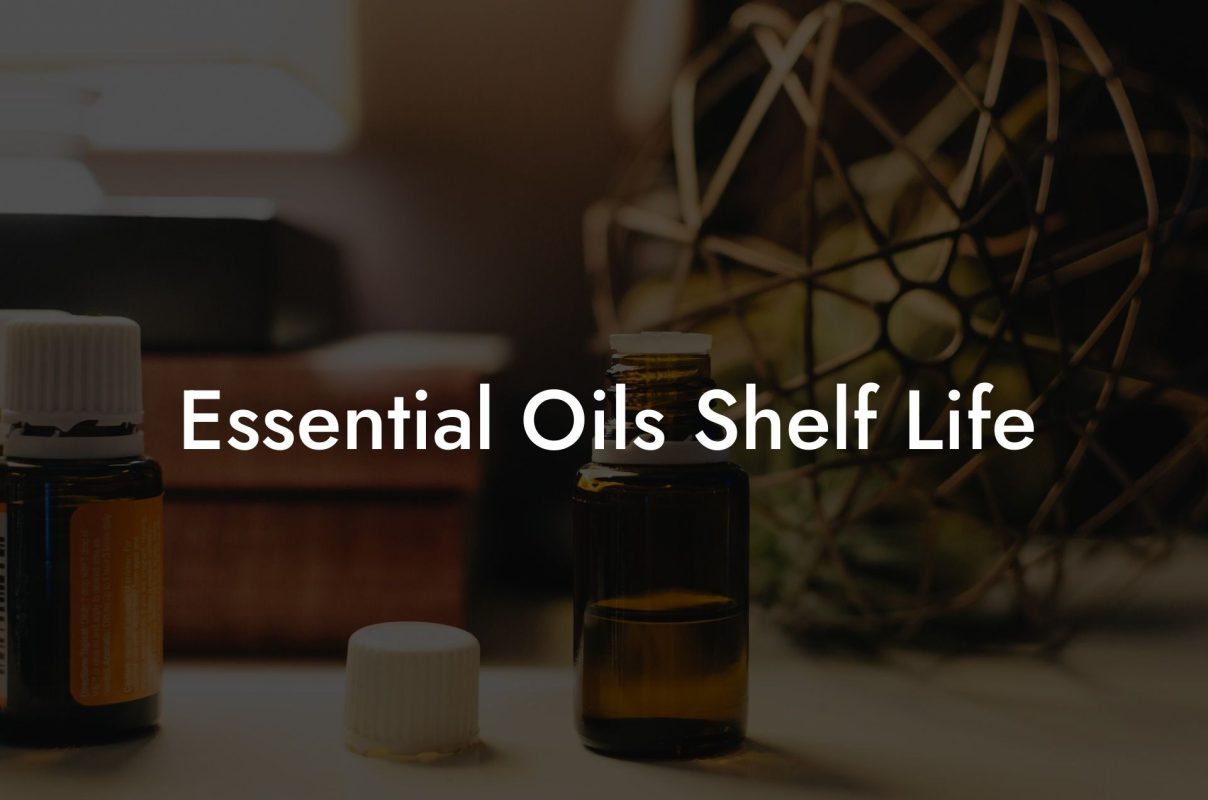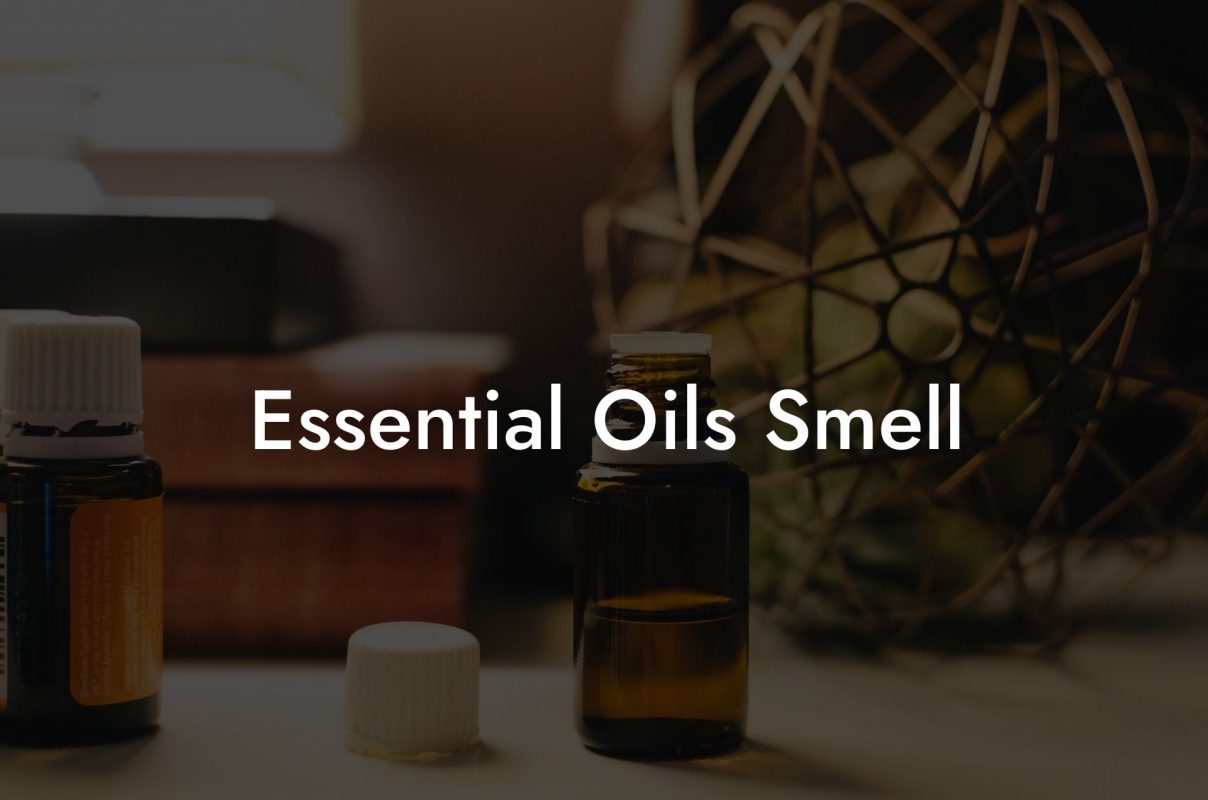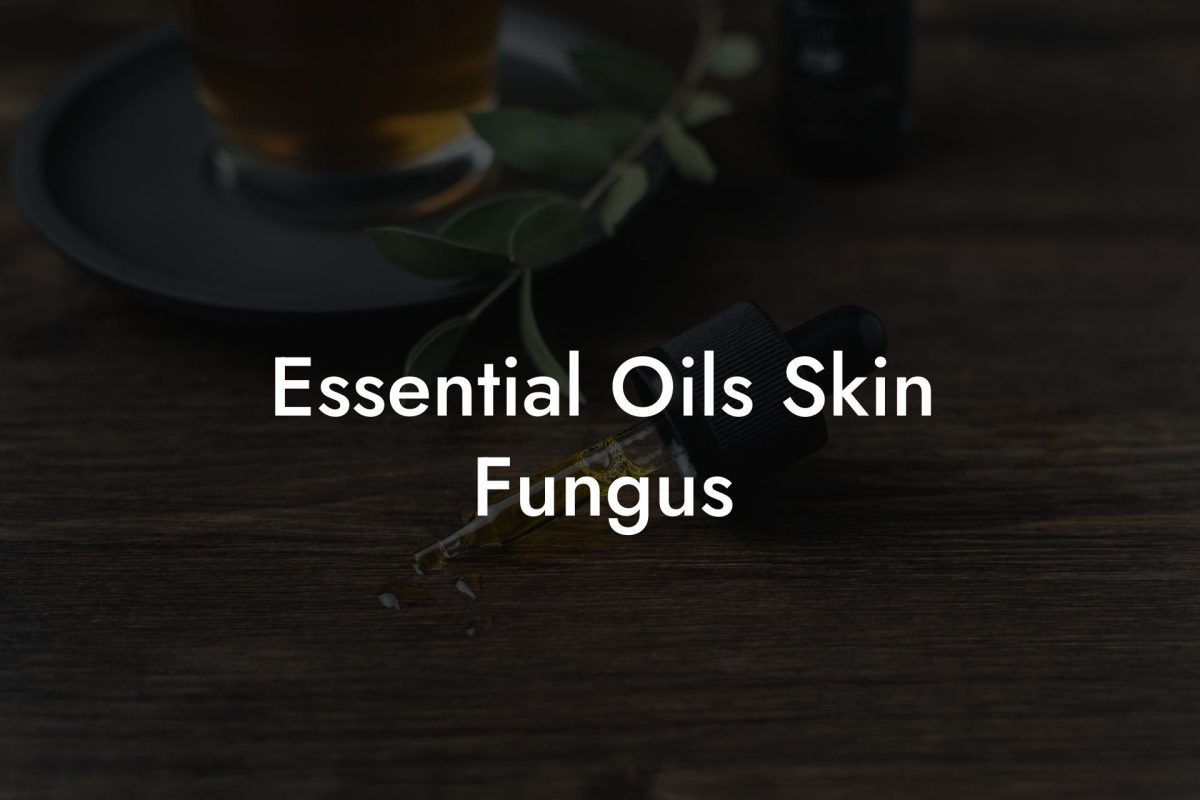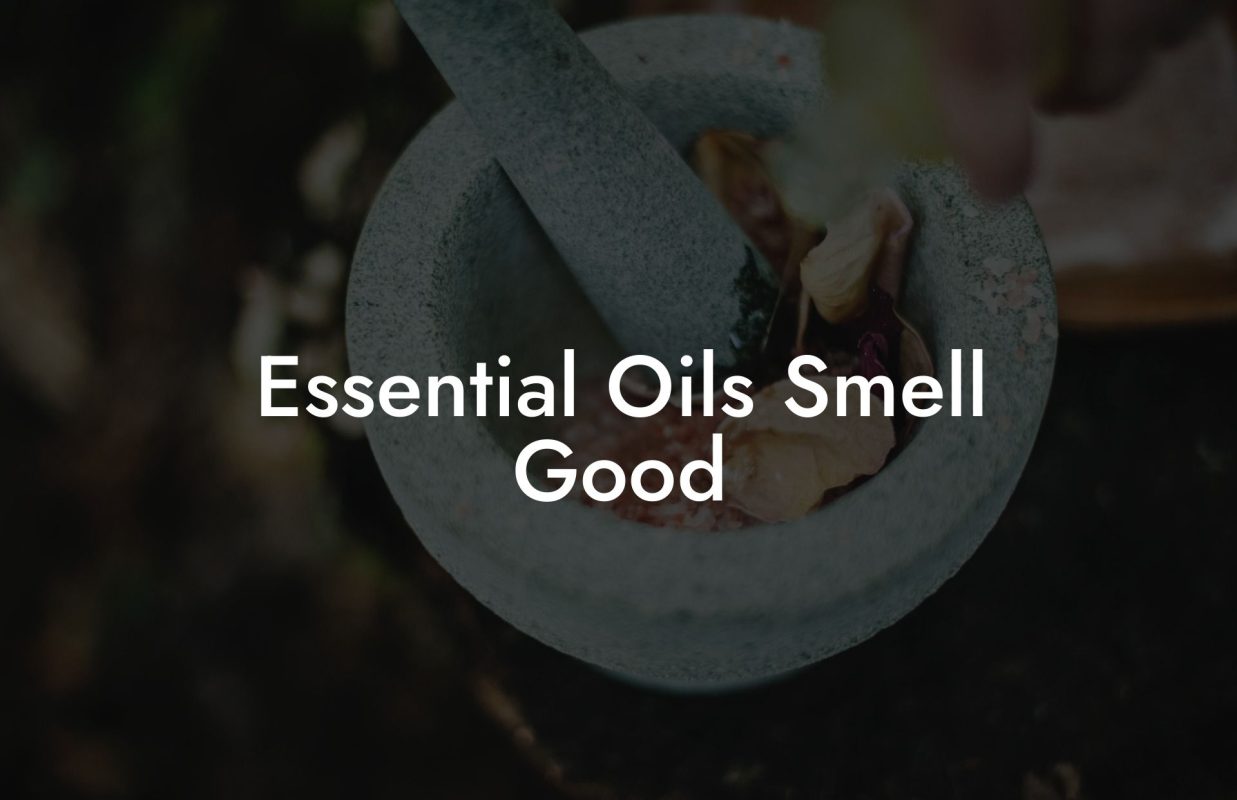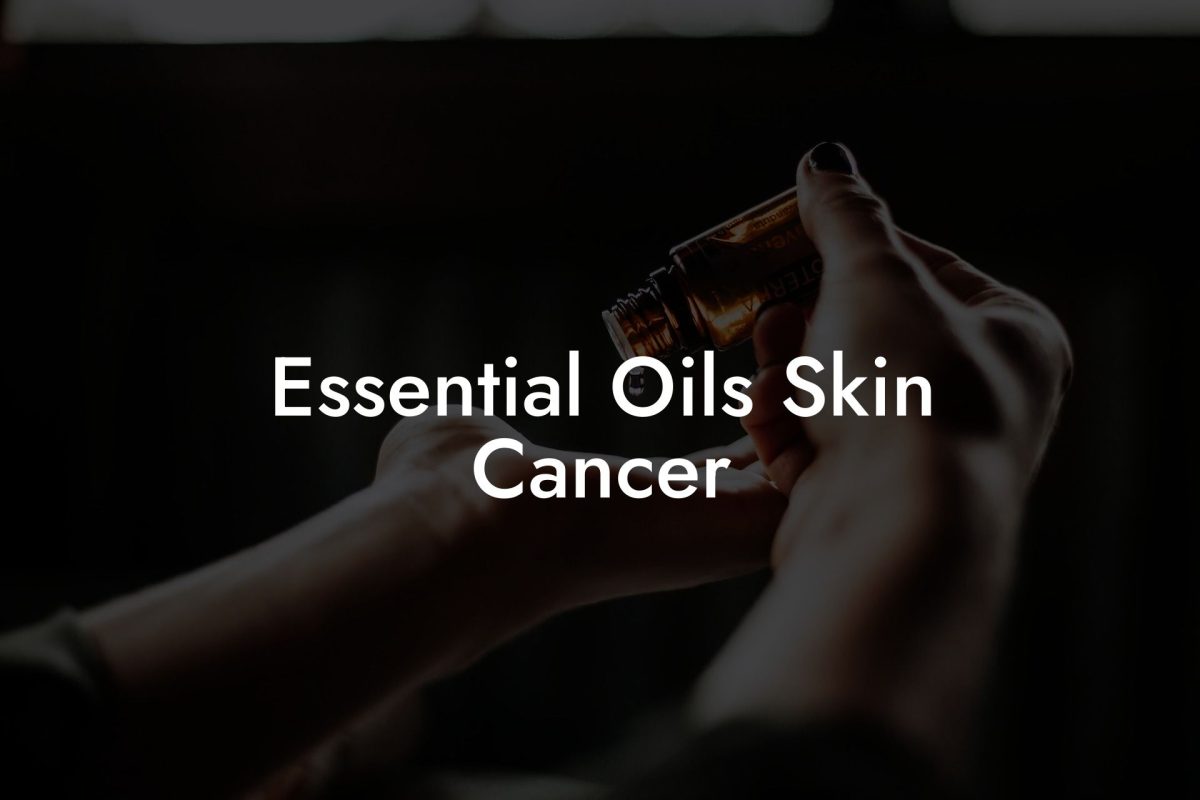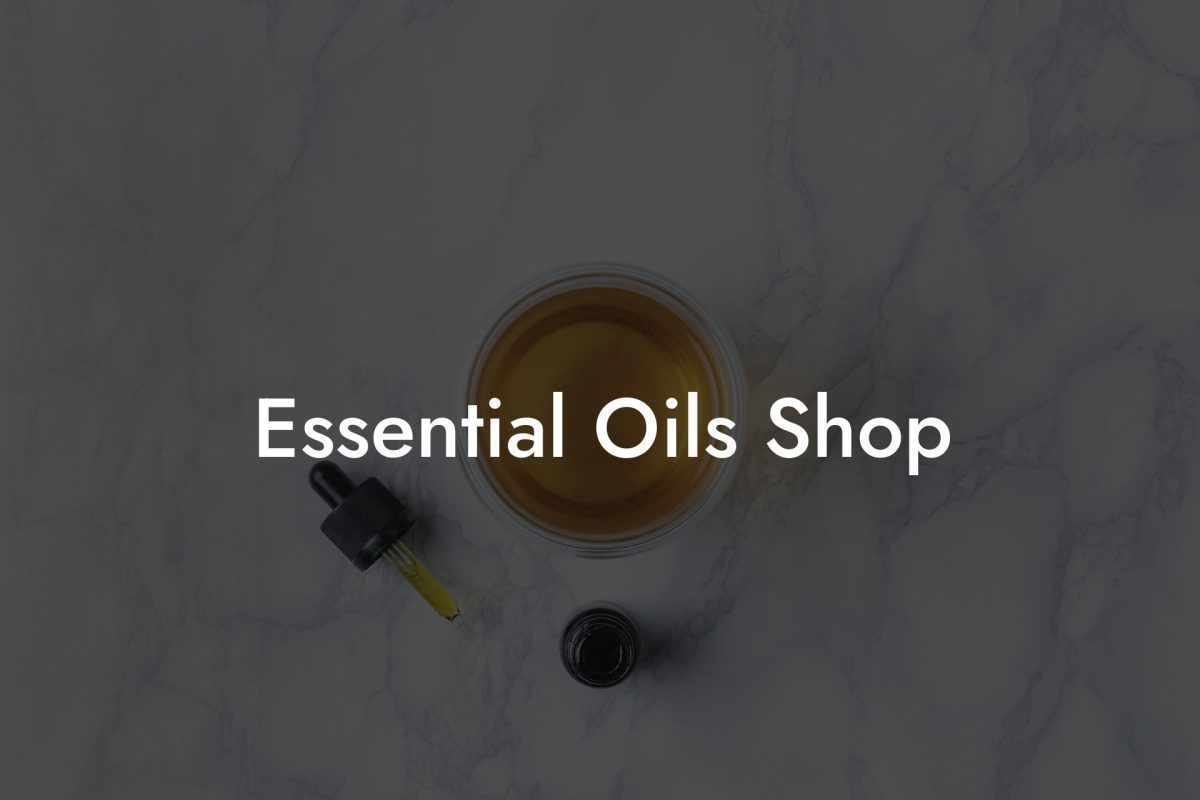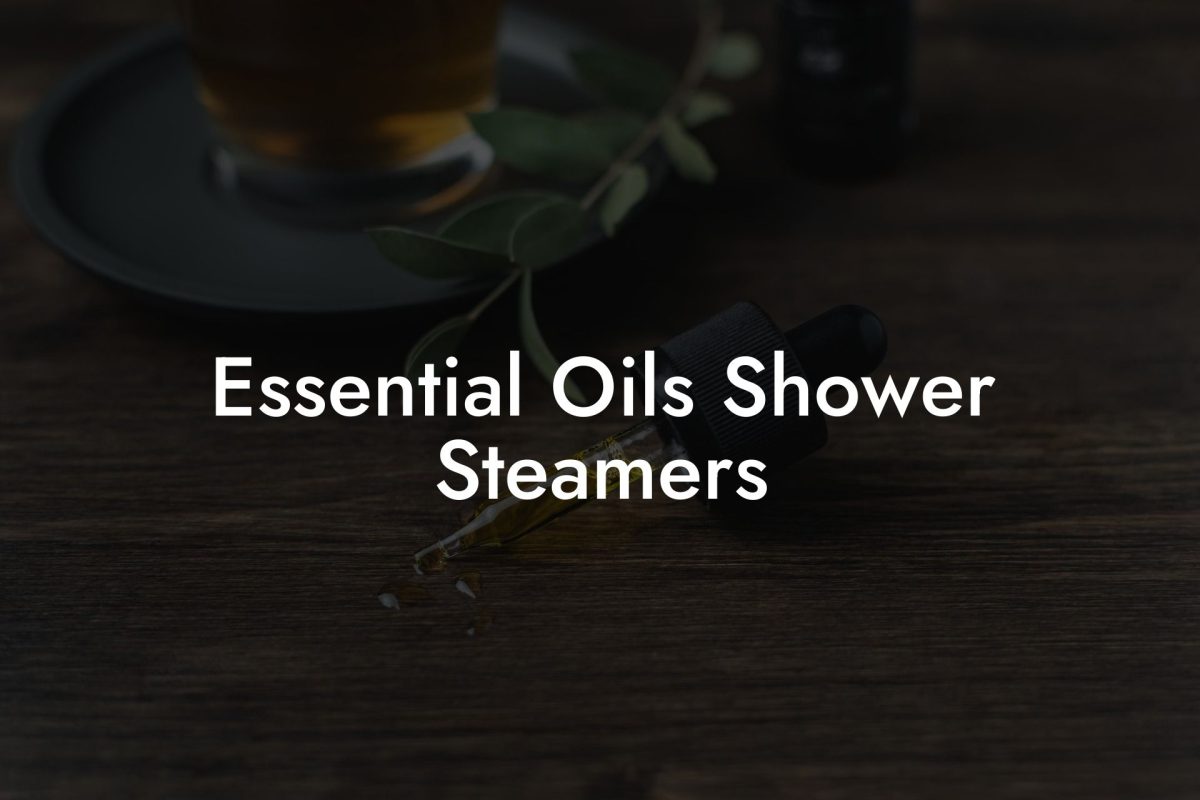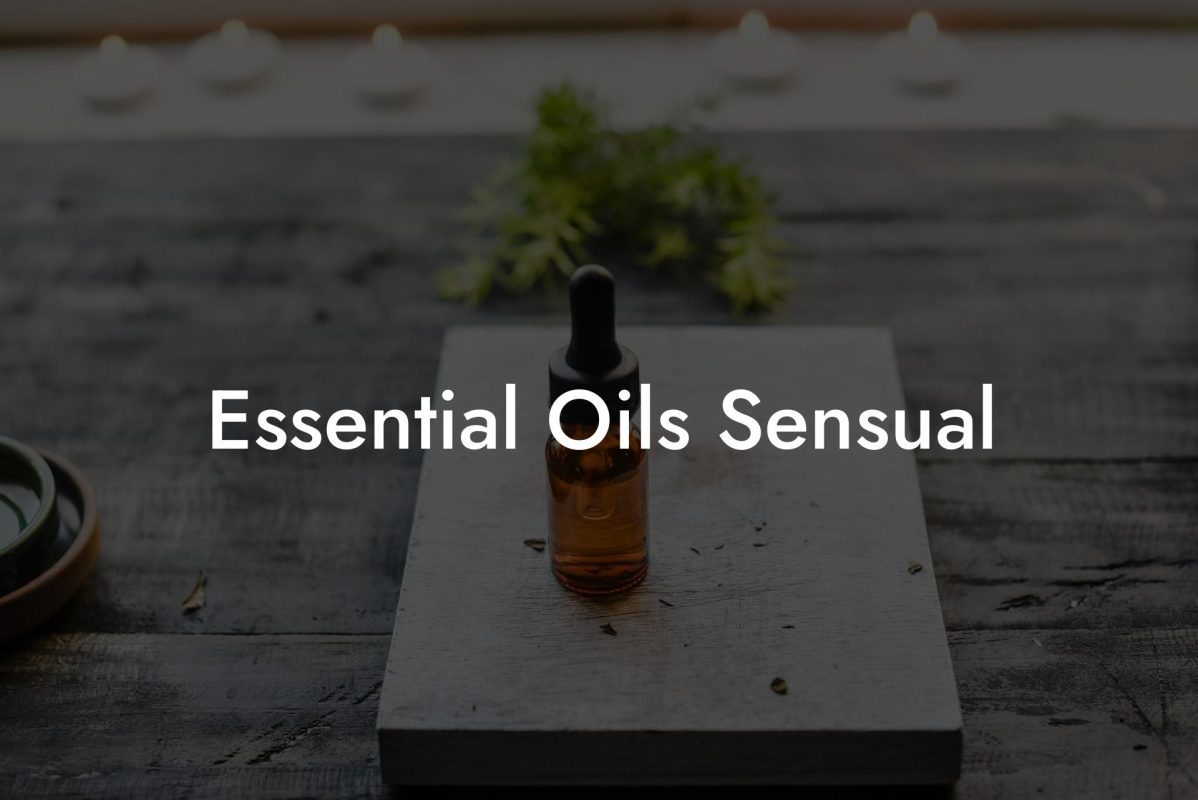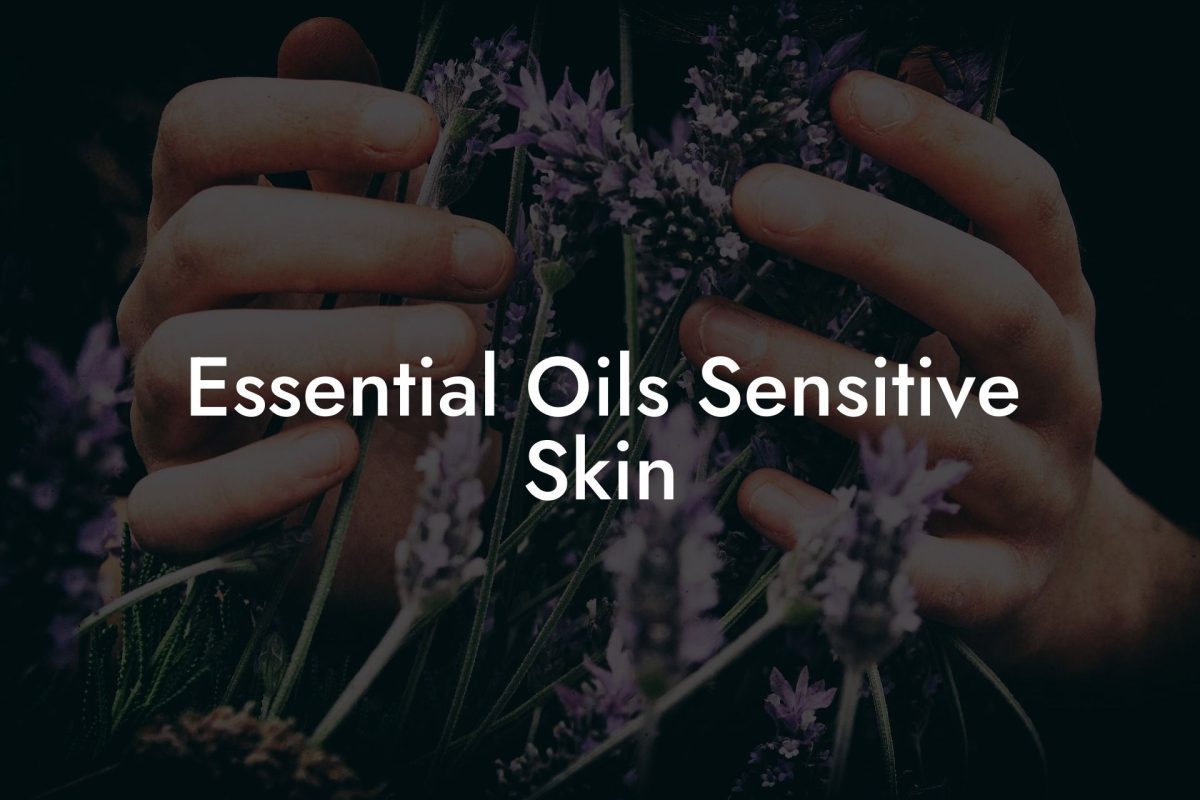Cold sores can be an unwelcome and painful disruption to your daily life, but did you know that essential oils can provide natural, effective relief and prevention? In this guide, we’ll explore the power of essential oils for cold sores and share the top remedies to get you back on track.
Table of Contents
What Causes Cold Sores?
Cold sores, also known as fever blisters, are caused by the herpes simplex virus (HSV). There are two types of HSV – HSV-1, which is responsible for oral herpes, resulting in cold sores, and HSV-2, which is responsible for genital herpes. The virus is highly contagious and can be spread through direct contact with an infected person or through contaminated objects.
Why Use Essential Oils for Cold Sores?
While there is no cure for the herpes virus, essential oils can provide symptomatic relief and promote healing by addressing inflammation, pain, and even preventing the virus from multiplying. Essential oils have antiviral, antibacterial, and anti-inflammatory properties that make them ideal for treating and managing cold sores. The best essential oils for cold sores are:
1. Peppermint Oil
Peppermint oil is known for its cooling and soothing effect on the skin, which can help reduce the pain and discomfort associated with cold sores. Additionally, it has antiviral properties that can help inhibit the replication of the herpes virus.
2. Tea Tree Oil
Tea tree oil is another powerful antiviral and antibacterial essential oil that has been proven effective against various strains of the herpes virus. It also helps to reduce inflammation and pain.
3. Lavender Oil
Lavender oil is popular for its calming and soothing properties, making it a great choice to help reduce the stress that often triggers cold sores. It also has antiviral properties and can help promote healing of the skin.
4. Lemon Balm Oil
Lemon balm oil is well-known for its antiviral properties and has been found to be effective against the herpes virus. It can help to prevent the virus from penetrating the cells, reducing the risk of an outbreak.
5. Eucalyptus Oil
Eucalyptus oil possesses excellent antiviral properties, making it effective in treating cold sores. It can help to reduce the duration of the outbreak and promote healing.
How to Use Essential Oils for Cold Sores
To use essential oils for cold sores, you can create a blend of oils or apply them individually. Always dilute the essential oils with a carrier oil, such as coconut oil or almond oil, before applying to the skin.
- Dilute 1-2 drops of your chosen essential oil in a carrier oil and use a cotton swab to apply the mixture directly to the cold sore. Repeat this 2-3 times a day until the cold sore has healed.
- Create a custom blend by mixing 2-3 of the essential oils listed above with a carrier oil. Apply the blend to the cold sore, as mentioned above.
- For an extra soothing effect, use a cold compress with a few drops of the chosen essential oils. Apply the cold compress to the cold sore for 15-20 minutes, as often as needed.
Essential Oils For Cold Sores Example:
One possible blend for cold sore relief might consist of:
- 5 drops of peppermint oil
- 5 drops of tea tree oil
- 5 drops of lavender oil
- 2 Tablespoons of carrier oil (e.g., coconut oil)
Mix the ingredients in a small glass container, and use a cotton swab to apply a small amount of the blend to the cold sore 2-3 times a day. Remember to wash your hands before and after application to avoid spreading the virus.
Cold sores can be a challenging condition to deal with, but essential oils offer a natural, effective solution. With the right essential oils and proper application techniques, you can enjoy relief from the discomfort and pain of cold sores. Share this article with others dealing with cold sores and help them discover the healing power of essential oils. For more information on essential oils and aromacology, explore our other comprehensive guides on the Oshu Oils blog. And don’t forget to check out the Oshu Oils range of essential oils for high-quality, artisan essential earth oils designed to promote overall wellbeing.

